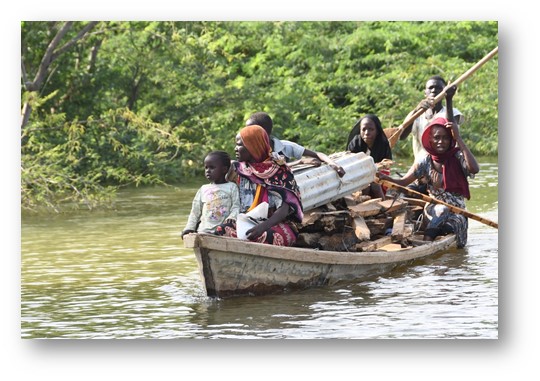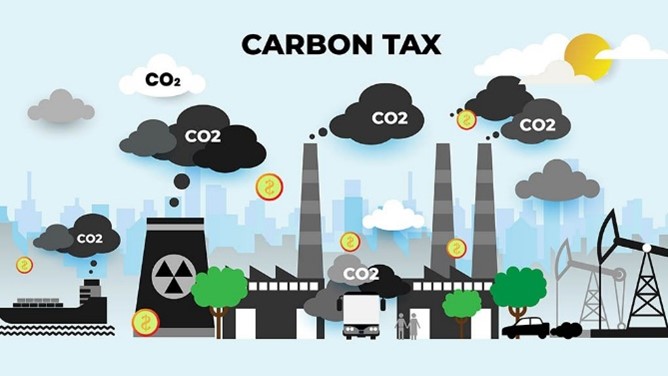Policies addressing climate refugees and their implications

Policies addressing climate refugees and their implications
by vivienne 05:37pm Dec 31, 2024

Policies addressing climate refugees are emerging frameworks intended to address the displacement caused by climate-related factors, such as rising sea levels, extreme weather events, desertification, and resource scarcity. These policies have significant implications for human rights, international law, and global cooperation. Here's an overview of key policies and their implications:
1. Lack of Legal Recognition
· Current Status: International law, notably the 1951 Refugee Convention, does not recognize climate refugees as a protected category. This creates a gap in protection for those displaced by environmental factors.
· Implications:
o Many displaced individuals fall into a legal gray area, unable to access asylum or resettlement programs.
o Countries may struggle to address these individuals’ needs without clear international guidelines.

2. National and Regional Policies
· Examples:
o New Zealand's Pacific Access Category (PAC): Provides pathways for Pacific Islanders from vulnerable nations like Tuvalu and Kiribati to migrate.
o Bangladesh: Implements internal resettlement programs to address internal climate migration.
· Implications:
o National policies can create safe migration pathways but may lead to uneven global responsibility sharing.
o Regional initiatives (e.g., African Union's Kampala Convention) highlight localized efforts to address displacement but may not cover cross-border cases effectively.
3. Multilateral Frameworks
· Global Compact on Migration (GCM): Addresses climate-related migration through cooperative measures.
· Warsaw International Mechanism (WIM): Focuses on loss and damage from climate impacts, including displacement.
· Implications:
o Such frameworks promote burden-sharing and coordinated action.
o They often lack binding mechanisms, leading to implementation challenges.

4. Humanitarian and Development Aid
· Approaches:
o Increasing investment in adaptation and resilience-building in vulnerable regions.
o Funding resettlement and disaster relief efforts through international aid.
· Implications:
o Can reduce the need for displacement by addressing root causes.
o Long-term dependency on aid risks undermining local agency and sustainable solutions.
5. Ethical and Social Implications
· Challenges:
o Equity: Disproportionate impacts on developing countries and marginalized communities.
o Sovereignty: Potential resistance to international intervention in domestic issues.
· Opportunities:
o Climate justice: Policies can promote equity by ensuring developed nations take responsibility for their higher emissions contributions.
o Community engagement: Involving displaced persons in policy development can lead to better outcomes.

6. Future Directions
· Proposals:
o Expanding the definition of "refugee" under international law to include climate-related displacement.
o Creating a global fund specifically for climate migration.
o Establishing regional agreements tailored to areas like the Pacific Islands or Sub-Saharan Africa.
· Implications:
o Clearer frameworks can enhance protections but require significant political will and international cooperation.
o New policies must balance humanitarian needs, national interests, and environmental considerations.






